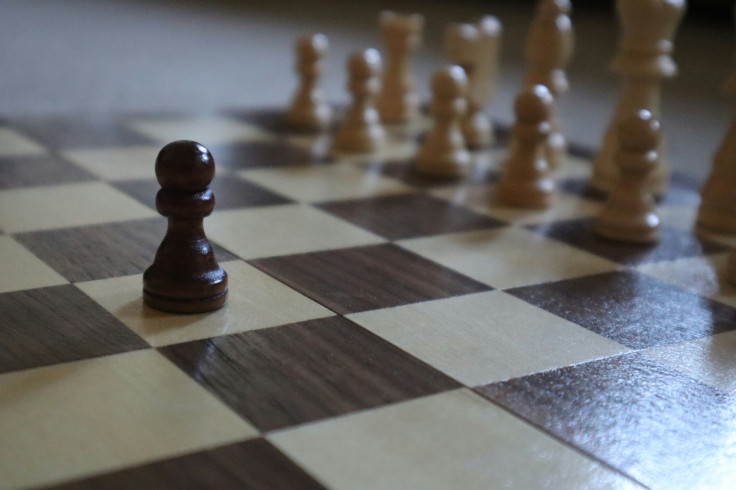
NEW YORK CITY - Most Americans believe that at least some form of discrimination is present in the country, whether that be based on religious, social or ethnic prejudice, a new study by the Pew Research Center reveals.
The survey, titled "Views on discrimination in our society," used a sample of over 12,000 U.S. adults, including an oversample of American Jews and Muslims, to get a look at their perceived discrimination in the country.
The study found that about eight-in-ten Americans believe there is at least some discrimination against Hispanic people. The same amount of people believe that discrimination is also present against Muslim, Jews, Arab and Black people.
But when it comes to degrees of discrimination, those numbers vary widely: the shares of Americans who say there is "a lot" of discrimination against each ethnic and/or racial group are quite different from each other, the research shows.
Concretely, 28% of the people surveyed believed there is "a lot" of discrimination against Hispanic people, while 24% believed the same of Asians. Comparatively, 44% of U.S. adults say there is a lot of discrimination against Muslims, which is slightly more than the shares saying this about Black people (40%), Jews (40%) and Arabs (39%).
As it relates to party affiliation, discrimination perceptions also vary widely.
Two-thirds or more of Republicans and Democrats see "at least some" discrimination against Jewish, Muslim, Black, Hispanic, Asian and Arab people. Democrats are also more likely than Republicans to say there is a lot of discrimination against Muslim, Arab, Hispanic and Asian people.
Looking at religion, the survey sought to better understand the landscape as it relates to respondents' perception of the Israel-Hamas war and its effect on discrimination.
In this realm, 42% of Hispanic Catholics say discrimination against Muslims has increased since the start of the war. This is compared to Muslim Americans (70%), Jews (49%), and White Catholics (36%) who share this same view.
The survey adds nuance to this number, explaining that perceptions of increased discrimination since the conflict began vary based on people's experiences with the Israel-Hamas war. For instance, those who say they closely follow news about the war are more likely than those who don't to perceive a rise in discrimination against Muslim, Arabs and Jews since the war started.
The study comes after a year of tumultuous racial and ethnic relationships in the U.S. shaped by different geopolitical events.
Since its escalation in October of 2023, the Israel-Hamas war has unleashed a series of discourse across different sectors of the country about which side to support. Complaints of anti-Muslim and anti-Palestinian discrimination and hate in the U.S. rose by about 180% in the three months following Hamas' October attack on Israel, Reuters reported in January.
Similarly, as the immigration crisis in the U.S. remains a top issue among citizens and politicians alike, anti-immigrant rhetoric has seen an increase. For instance, a recently shared video by former President Donald Trump features horror movie music and footage of migrants purportedly entering the U.S. In this video, shots of men with tattoos and videos of violent crime are set against close-ups of people waving and wrapping themselves in American flags.
Since the start of his campaign, Trump has also progressively ramped up anti-immigrant rhetoric, casting migrants as dangerous criminals "poisoning the blood" of America.
© 2025 Latin Times. All rights reserved. Do not reproduce without permission.




